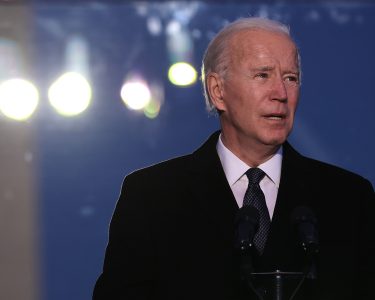Trade policy has become a major issue in American politics in recent years, with debates over free trade agreements, tariffs, and the outsourcing of jobs dominating the political landscape. The impact of trade policy on American politics is far-reaching, affecting everything from job creation and economic growth to national security and foreign relations. In this article, we will explore the history and impact of trade policy on American politics.
Trade policy has been a significant issue in American politics since the country’s founding. In the early years of the republic, trade policy focused mainly on tariffs and trade agreements with European countries. In the late 19th and early 20th centuries, the focus shifted to protecting American industries and jobs, with the passage of tariffs and other protectionist policies.
In the post-World War II era, trade policy became more focused on promoting free trade and open markets. The United States played a leading role in the creation of the General Agreement on Tariffs and Trade (GATT) and later the World Trade Organization (WTO), which sought to reduce barriers to trade and promote global economic growth. During this period, trade agreements such as the North American Free Trade Agreement (NAFTA) and the Trans-Pacific Partnership (TPP) were signed, with the goal of promoting greater economic integration between countries.
However, the benefits of free trade have been hotly debated in recent years, with many Americans questioning whether these agreements have led to job losses and stagnant wages. Politicians from both parties have responded to these concerns by calling for a more protectionist trade policy. In 2016, then-candidate Donald Trump ran on a platform of protecting American jobs by renegotiating trade agreements and imposing tariffs on foreign goods.
The impact of these policies has been significant. The Trump administration imposed tariffs on a range of goods, including steel and aluminum, which led to retaliatory tariffs from other countries. The administration also renegotiated trade agreements such as NAFTA, which was replaced by the United States-Mexico-Canada Agreement (USMCA). While these policies were popular among some Americans who saw them as protecting American jobs, they also led to higher prices for goods and reduced exports for American businesses.
The impact of trade policy on American politics extends beyond economic considerations. Trade policy can also affect national security and foreign relations. For example, the Trump administration’s tariffs on Chinese goods were motivated in part by concerns over China’s theft of American intellectual property and its support for North Korea. Similarly, the USMCA included provisions designed to increase regional security cooperation and address environmental concerns.
In conclusion, trade policy has become a major issue in American politics in recent years, with debates over free trade, protectionism, and the outsourcing of jobs dominating the political landscape. The impact of trade policy on American politics is far-reaching, affecting everything from job creation and economic growth to national security and foreign relations. While trade policy can be a powerful tool for promoting economic growth and protecting American jobs, it is also a complex and often controversial issue that requires careful consideration and thoughtful policymaking. As the United States continues to navigate the rapidly changing global economy, trade policy will continue to play a critical role in shaping American politics and the country’s economic future.




